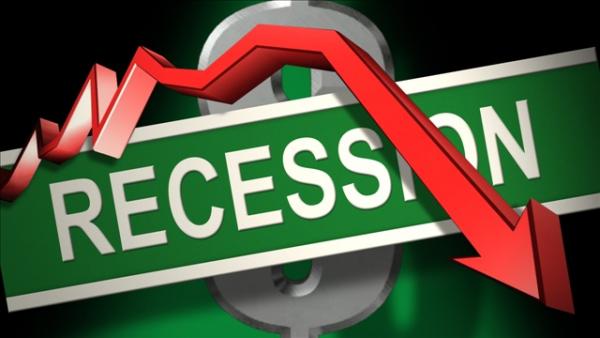

Rio de Janeiro: Brazil has slipped into recession, the government said yesterday, deepening the gloom in the world’s seventh largest economy already battered by falling commodity prices, political crisis and a corruption scandal.
In the second quarter of this year, gross domestic product fell 1.9 percent, according to official figures. GDP had already been down 0.7 percent in the first quarter, the government statistics agency IBGE said, revising that figure down further from the earlier estimate of minus 0.2 percent.
Year-on-year, the second quarter growth was down 2.6 percent.
Brazil is now in its biggest contraction for six years and with the 2015 slump forecast to extend in milder form through 2016, economists believe the country is headed for the longest recession since 1931.
Brazil’s economy has been tailing off for four years, ever since the end of a boom fuelled by commodity exports, principally to China. Falling prices for oil and other commodities have punched huge holes in the budget.
Adding to the economic malaise is a growing political crisis in which President Dilma Rousseff faces calls for her impeachment and discontent — even among many of her own supporters -- over attempts to push through austerity measures.
A huge corruption investigation named Operation Car Wash has revealed a bribes-and-embezzlement scheme revolving around state oil giant Petrobras and involving politicians and senior executives. Rousseff’s Workers’ Party has also been dragged into the scandal, fuelling political instability. “The GDP points to what Brazil has been experiencing recently: a strong recession, a pretty turbulent political situation, with inflation rising, with rates rising,” said Alex Agostini, chief economist at Austin Rating. “This has impacted on the confidence of investors, or businesses and consumers.”
A quick recovery is not expected, with unemployment now at 7.5 percent and rising and the national currency, the real, down about 25 percent this year against the US dollar. Inflation is forecast at 9.56 percent this year.
This month a central bank survey of economists for the first time indicated that the current contraction will continue through 2016, albeit at a shallower rate of 0.26 percent. “If that forecast of a fall in GDP for two consecutive years is confirmed then it will be the worst economic performance for Brazil in 85 years. The last time that happened was in 1930-1931,” Agostini said.
Yesterday’s figures showed the steepest second quarter shrinkage in the industrial sector, which includes the troubled oil industry centered on Petrobras, at 4.3 percent.
Agriculture, where Brazil is one of the world’s main producers of commodities like soybeans, sugar and poultry, slipped 2.7 percet. Family spending fell 2.1 percent, the second consecutive quarterly drop.
Moody’s has cut Brazil’s credit rating to near junk status, reflecting growing struggles with debt and investor caution in a country that as part of the BRICS nations was once considered a lucrative bet.
The rest of the group of emerging giants — Russia, India, China and South Africa — face mixed fortunes, with China’s stock market in free fall and Russia badly damaged by low oil prices and international sanctions over the war in Ukraine.
Andrei Perfeito, at Gradual Investimentos, said there was a positive side to the bad news, because it also reflects attempts at painful but needed reforms. “Brazil is making strong adjustments to hold back inflation,” he said.But “Brazil’s problem is even more political than economic. There is uncertainty over the government’s conduct and businesses are retreating.”
AFP




